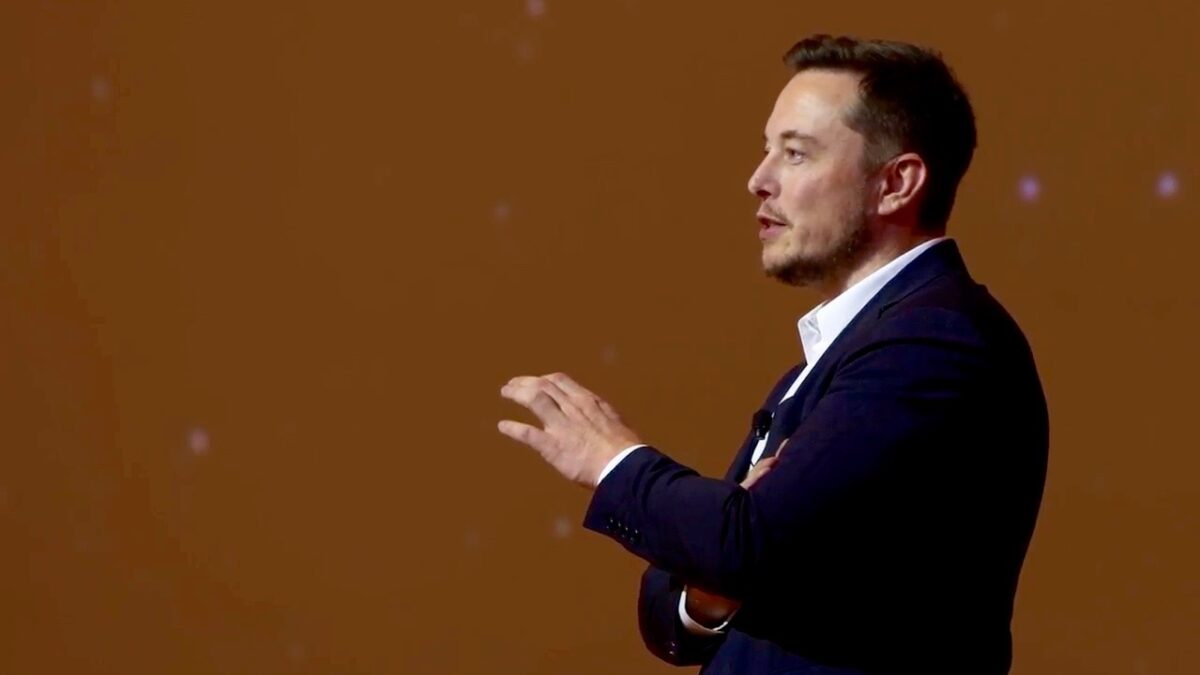This past week we were treated to all sorts of drama as Elon Musk effectuated his $44 billion takeover of Twitter. His two major goals, other than some amusing marketing (walking into Twitter headquarters with a sink so that he could make the dad joke: “let that sink in”) and trying to calm the revenue generators (pledging some sort of continued content moderation), were to secure Twitter assets and cleaning house. This approach is critical and should be studied by any future conservative executive branch transition.
In spite of conflicting reports and a few pranksters, it is clear that Elon Musk did lay off some staff last week. Musk had made huge promises, including suggesting that he would be happy to fire 75 percent of staff. Now, however, the target appears to be a much smaller, but still substantial 25 percent.
Immediately upon taking over the company, he did lay off the top three Twitter officials, including the head lawyer, Vijaya Gadde, whose compensation was reported at about $17 million per year. Rather than relying upon Twitter’s tech team, he did lay off at least some of their engineers and brought in his own team from Tesla to begin learning about the guts of the platform. Finally, he has already been tweeting some indications that he is reviewing internal documents that cast doubt on Twitter’s public posture in legal cases he brought against the company.
All of this provides actionable advice to any future conservative government because Musk’s plans are clear, strategic, and applicable to a takeover of any bureaucracy. He recognizes that he must play in a media environment, that he must bring on his own staff and replace hostile staff, and that he must secure chokepoints and valuable property and processes. He is moving methodically to do just that.
Under any presidential transition, plans are made by industry, campaigns, and outside groups, but these are often policy-heavy. Musk’s Twitter takeover does not seem concerned with policy at all — but rather with control. Future transitions could learn from this. What happens if someone locks the door on presidential transitions, or begin working with the media to damage planning and execution? What happens if they again slow-walk security clearances, or lie to principals, or even spy on the new administration?
Musk demonstrates both that there is a need to be willing to fire key employees, and a need to be reasonable. As the Chinese have said, “kill the chicken to scare the monkey.” A few key, flashy layoffs are necessary under any new management regime, but they need not be ruthless.
Specifically, Musk appears to be courting Yoel Roth, head of Safety and Integrity, who by all accounts should be fired, but who apparently has some relevance to Musk’s legal battles with the company. Playing nice with Deep State employees can be wise, but it must be transactional: giving Roth a golden parachute in exchange for dirt on the company could be a good play. Similarly, asserting dominance while exercising mercy in key cases is the hallmark of good politics in government as well. But all things being equal it does no good to keep hostile actors in place if there, and Musk should not capitulate for capitulation’s sake.
And even Twitter, while a very simple platform, does need some continuity of operations. Musk cannot simply fire everyone in the building and expect trains to run on time. Similarly, in spite of overheated rhetoric by the libertarian right, thoughtless mass layoffs in any future conservative administration would not be wise. Rather, key replacements with expert staff can signal change and competency, without veering into recklessness.
Finally, by bringing in his own team to assess Twitter code, Musk has a public relations and a practical goal. First, he demonstrates that he, right now, does not trust Twitter employees to be honest with him. This is something he should work to fix, with internal management processes and accountability to punish dishonesty and reward honesty. But the practical goal is to get an actual assessment of what is going on with the platform, which is of critical importance.
Similarly, any new team in a conservative administration should signal distrust of the bureaucracy, and inquire deeply to obtain truthful and actionable information. What are the levers to use; what are the chokepoints; what are my authorities?
Passive investors purchase companies all the time and make few or no changes to companies they now use as revenue generators. But as with winning a presidential election, merely being top of the company is very different from effectively managing the bureaucracy. Candidates for president and candidates for the future civil service alike should look at Musk’s transition at Twitter to learn lessons — both how to act effectively, and what to expect from the left in response.








